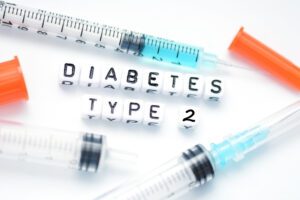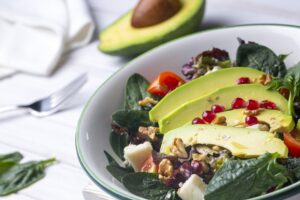7 Essential Heart-Healthy Foods You Should Add to Your Daily Diet for Better Cardiovascular Health
Did you know that your heart beats over 100,000 times a day? It’s one of the most important organs, pumping blood, oxygen, and nutrients to every corner of your body. Yet, in today’s world, many of us overlook the daily choices that support our heart’s health.
We live in a world of chaos, where everything happens incredibly fast, and this environment seriously affects our life choices. We don’t feel like we have enough time to properly take care of ourselves. We always rush, feeling overwhelmed by everyday tasks.
However, one of the most frequent causes of death can’t be ignored. In the United States, heart disease is the leading cause affecting hundreds of thousands of lives each year. But, wait! Before you start worrying, you should know that many cases of heart disease are preventable and also treatable.
It all depends on the choices that we make daily. How we feed ourselves and which foods we choose greatly determine our heart’s long-term health. But the truth is that healthy choices are not always the most satisfying ones. We can all admit that we live in a world where processed food triumphs. It’s way easier to opt for a hamburger instead of cooking an entire meal at home.
The efforts that you make are totally worth it, and your health should be your number one priority. So, stop finding excuses and begin to focus on what truly matters. You want a long and happy life? Well, then, you need to work for it. Begin right now by discovering the list of the best heart-healthy foods found at the market. Read on and learn how to love your heart!
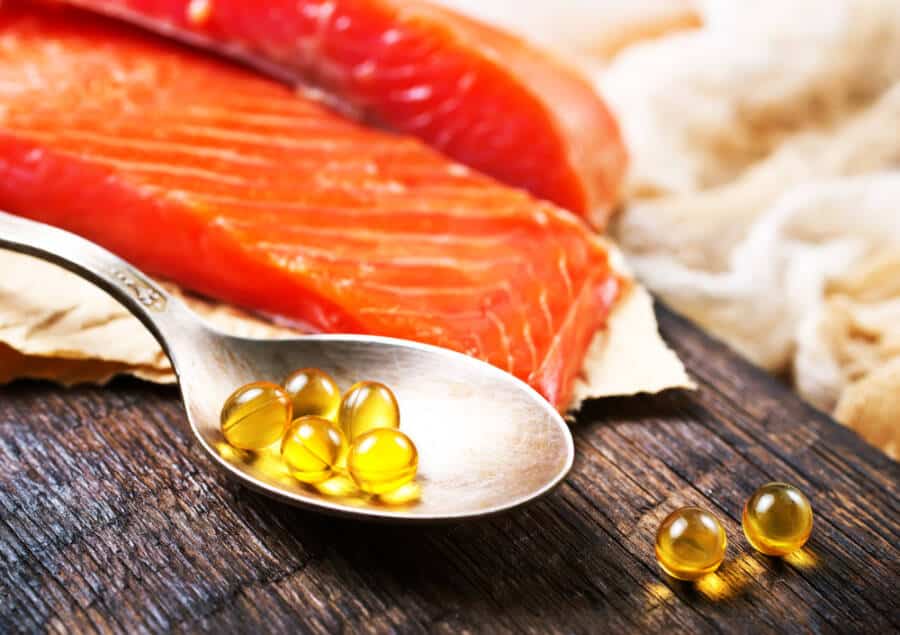
7 Foods That Can Save Your Heart
1. Salmon
You might already know that salmon plays an important role in our diet, especially regarding heart health. This fatty fish is one of the best sources of omega-3 fatty acids. Two powerful compounds of salmon are EPA and DHA, known to lower inflammation, improve blood, and reduce the risk of heart disease.
One of the magic ways Omega-3s work in our body is by helping reduce triglycerides, which are known for increasing the risk of developing clogged arteries. Another great thing these fatty acids do in our body is prevent blood platelets from clumping together, which reduces the risk of dangerous clots that can cause heart attacks or strokes. Last but not least, Omega-3s can slightly lower blood pressure, which eases the strain on the heart over time.
Even though we keep hearing a lot of information about the fatty acids, salmon also represents an excellent source of lean protein, B vitamins, selenium, and potassium. All of these are essential for keeping the cardiovascular system strong. So, remember that eating salmon regularly can improve the flexibility of your arteries, making them able to handle blood flow and reducing the chance of hardened vessels.
Introduce salmon to your diet. The best would be to serve salmon two times per week. You can grill it, bake it, add fresh herbs, garlic, and squeeze a lemon for flavor. Serve it with a salad.
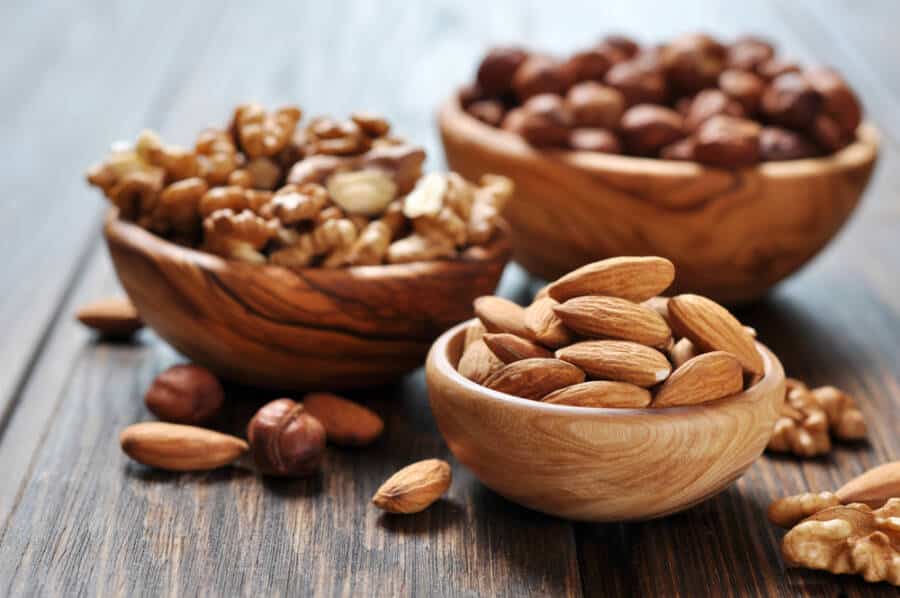
2. Walnuts
Did you know that walnuts are often called ”brain food”? In reality, they are just as important for your heart. Walnuts are rich in alpha-linolenic acid, a fatty acid that provides similar benefits to the omega-3s found in fish. The alpha-linolenic acid has been shown to reduce inflammation, improve blood vessel function, and lower LDL cholesterol levels.
But let’s not underestimate the power of walnuts for our bodies. Walnuts also deliver a powerful mix of antioxidants, combating oxidative stress, which is known for damaging the lining of the arteries. The fiber in walnuts further supports heart health by improving cholesterol balance and feeding beneficial gut bacteria, which research suggests may play a surprising role in cardiovascular function.
Make sure to introduce walnuts into your diet. If you want to be more creative, you can add them to your salad, mix them into oatmeal or yogurt, or even snack on them plain. Walnuts are a great addition to a balanced diet because they can easily make you feel full and satisfied.
3. Leafy green vegetables
Spinach, kale, and collard greens are some of the green vegetables that are extremely beneficial for our health. They are known for their complex of vitamins, minerals, and antioxidants.
One of the most important vitamins they contain is vitamin K, which protects arteries and promotes proper blood clotting. The American Heart Association recognized the importance of green vegetables in our diet, especially because they were associated with more significant benefits to cardiovascular health and a lower risk of heart disease than other fruits and vegetables.
4. Berries
Strawberries, blueberries, and raspberries are known for playing a central role in heart health because they are rich in antioxidants. Their main role is to fight against oxidative stress and inflammation that can contribute to the development of heart disease.
Berries also contain anthocyanins, which are known to reduce the risk of coronary artery disease, including heart attack and hypertension.
Make sure to introduce berries in your diet and consume them as often as you can, especially in the summer months. They will do their magic and improve the function of cells that line the blood vessels.
5. Avocados
Who doesn’t love avocados? They are an excellent source of healthy fats, which have been linked to reducing cholesterol levels. And that’s not all! It has been shown that eating at least two servings of avocado each week was linked to a 16% reduced risk of cardiovascular disease.
Avocados are extremely delicious, especially when served for breakfast. Countless recipes can be found online, but some of the most famous ones are the ones that include boiled eggs and mozzarella.
The best part about a breakfast that contains avocado is that it will help you feel full for longer than you can imagine.
6. Oats
Oats are known for their cholesterol-lowering power. It has been shown that when you eat oats, a gel-like substance forms in your digestive tract that binds cholesterol and prevents it from being absorbed into your bloodstream.
But that’s not all! Oats also offer plant-based protein, magnesium, iron, and antioxidants called avenanthramides, which help lower blood pressure and fight inflammation.
Oats represent some of the best choices, especially for people with diabetes who are looking to manage their weight. The best part about oats is that they don’t cause sugar spikes, and instead, they provide steady energy.
One of the best ways oats can be served is in a bowl, topped with fresh fruit, nuts, and a drizzle of honey. You can also use oats when you bake or even blend them into smoothies.
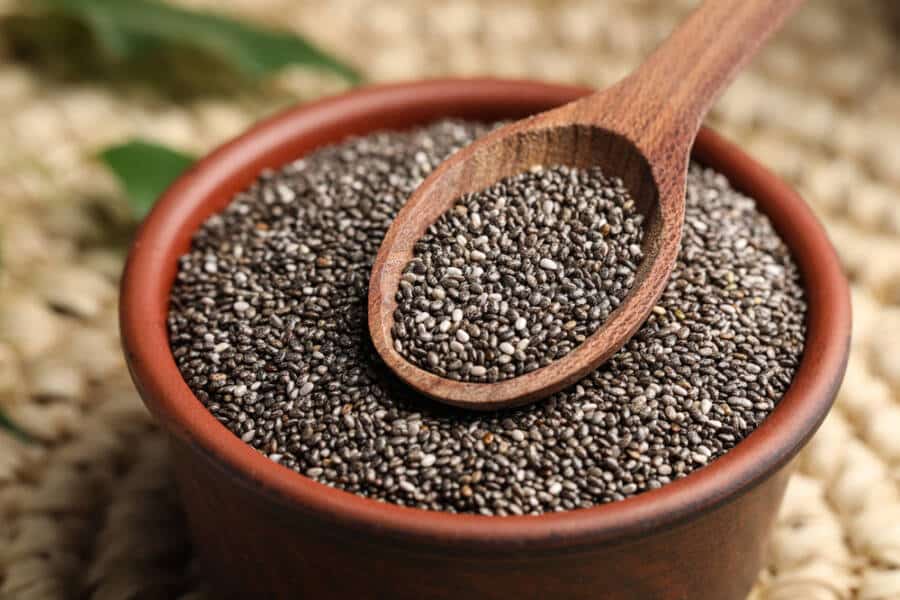
7. Chia seeds
Chia seeds are increasingly popular. The seeds pack a powerful punch, especially for your heart. Even though they were originally grown in Mexico, nowadays, they can be found easily in almost every supermarket.
Did you know that these seeds were once a survival food for warriors? Their history is truly interesting. Today, they are very popular, showing up in almost every recipe found online, from smoothie bowls to baked goods.
Chia seeds are rich in omega-3 fatty acids, particularly in alpha-linolenic acid, which is a plant-based form of omega-3. They help lower inflammation in the body and are known for their great effects, especially on those trying to lose weight.
While the salmon is the famous source of omega-3, chia seeds represent a wonderful plant-based alternative, making them especially great for vegetarians or vegans who want to support their heart health naturally.
Before leaving, here’s a bestselling guide to the lifesaving diet that can both prevent and help reverse the effects of heart disease. It’s called Prevent and Reverse Heart Disease: The Revolutionary, Scientifically Proven, Nutrition-Based Cure, and it can be found on Amazon.
If you liked this article, here’s what to read next: 8 Early Signs of an Eating Disorder You Should Know



